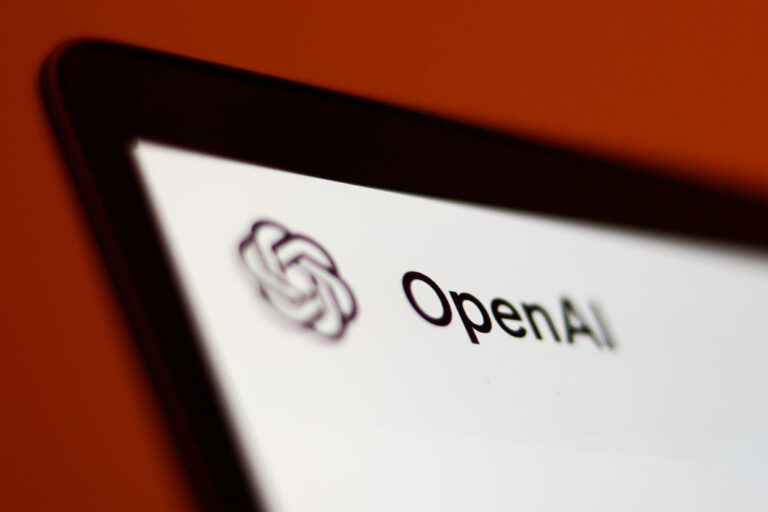German Court Order: X Challenges Data Access for Election Researchers
This month, a Berlin court issued a significant ruling requiring Elon Musk’s owned platform, X, to grant immediate access to public platform data. This decision comes in light of two civil society organizations aiming to explore the systemic risks associated with the upcoming elections in Germany. This situation highlights the critical intersection of social media, data privacy, and electoral integrity.
Background of the Court Order
On February 7, a Berlin court mandated that X comply with the request from Democracy Reporting International and the German Society for Civil Rights (GFF). These organizations are conducting research to understand the influence of social media on federal elections, particularly focusing on potential manipulations that could affect voter perceptions and outcomes.
The Challenge by X
In response to the court’s ruling, X announced its intention to challenge the order. The company argued that the summary proceeding “egregiously undermines our fundamental right to due process” and poses a threat to the privacy rights and free speech of its users. This legal battle underscores the ongoing tensions between regulatory frameworks and the rights of social media platforms.
Implications of the Digital Services Act
The crux of the data access dispute lies within the European Union’s Digital Services Act. This legislation serves as a comprehensive online rulebook, requiring larger platforms like X to facilitate public interest research into systemic risks. The act aims to ensure greater accountability and transparency in how social media operates, particularly during critical times such as elections.
Research Goals of Civil Society Organizations
The primary objective of the research conducted by these civil society organizations includes:
- Analyzing the impact of social media on voter behavior.
- Investigating potential manipulations or disinformation campaigns on the platform.
- Assessing the overall influence of X on public discourse ahead of the elections.
Potential Consequences for Upcoming Elections
As the elections approach, scheduled for February 23, X’s legal challenge could significantly delay or even hinder the necessary research into public discourse on its platform. The outcome of this case may have lasting implications not only for the electoral process in Germany but also for how social media platforms engage with regulatory obligations across Europe.
For more insights on the impact of social media on elections, visit our related article.
Stay updated on ongoing developments in this case and its implications for data access and privacy rights in our latest news section.






